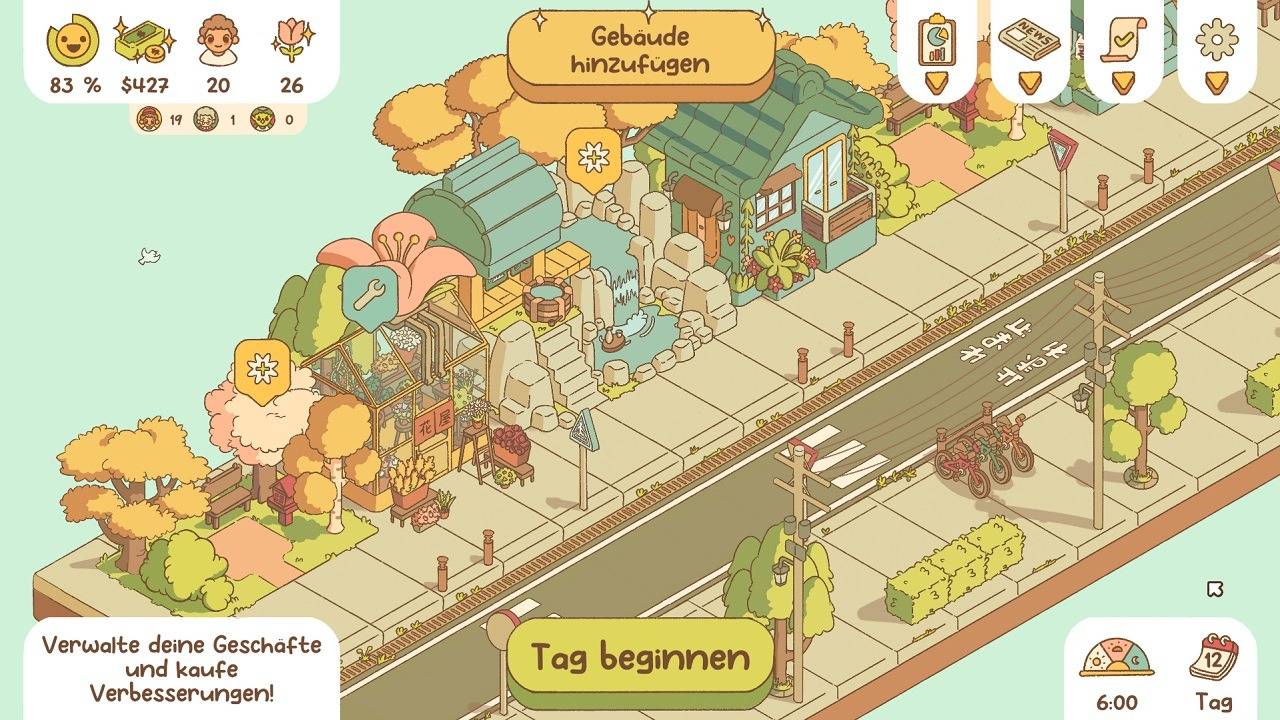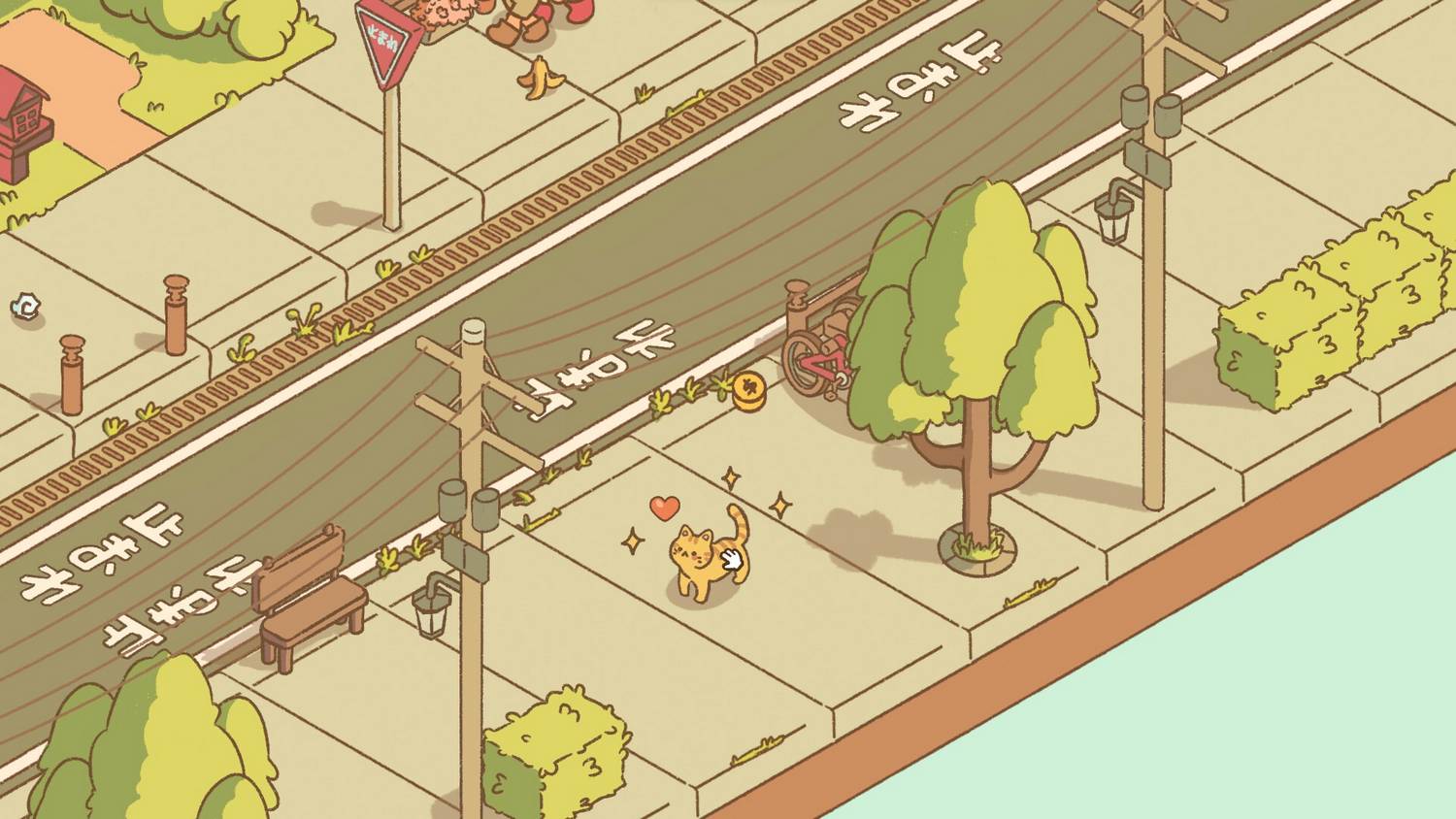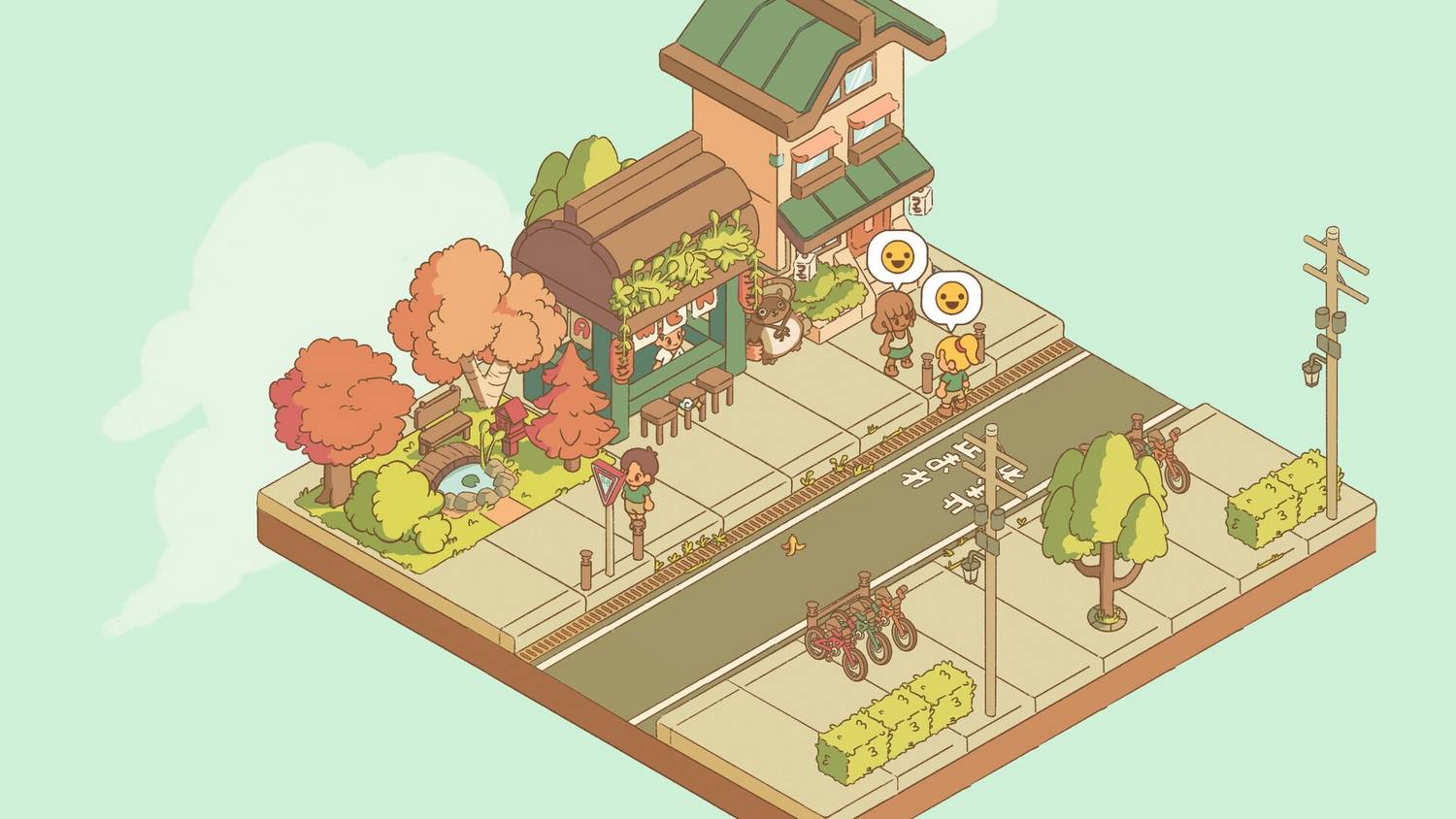Cultivating Contentment: The Rise of Wholesome Management Sims
Popular Now
 Valorant
Valorant
 PUBG Mobile
PUBG Mobile
 Call of Duty
Call of Duty
 Geometry Dash
Geometry Dash
 Poppy Playtime
Poppy Playtime
 Auto X Drift Racing 3
Auto X Drift Racing 3
 Free Fire
Free Fire
 Schedule I
Schedule I
 Fortnite
Fortnite
 Minami Lane, a bite-sized, wholesome management game developed by the collaborative effort of Doot, Blibloop, and Zakku, has emerged as a beacon of calm in the often-intense world of strategy gaming. Set on a charming, Japanese-inspired street, this title distills the city-builder genre into a focused, micro-management experience. Available on platforms like Steam and major consoles, it offers a gentle, engaging challenge centered entirely on maximizing the happiness and satisfaction of a tiny community.
Minami Lane, a bite-sized, wholesome management game developed by the collaborative effort of Doot, Blibloop, and Zakku, has emerged as a beacon of calm in the often-intense world of strategy gaming. Set on a charming, Japanese-inspired street, this title distills the city-builder genre into a focused, micro-management experience. Available on platforms like Steam and major consoles, it offers a gentle, engaging challenge centered entirely on maximizing the happiness and satisfaction of a tiny community.
The premise is simple: guided by Ema the Tanuki, players must build, manage, and refine a single street to meet specific mission objectives. Unlike large-scale city simulations, Minami Lane’s success hinges on meticulous detail, particularly the subtle art of pleasing its villagers—divided primarily into two demographics: Youths and Elders. This focused scope, combined with a delightful, Studio Ghibli-esque hand-drawn aesthetic, makes it the perfect piece of digital comfort food for players seeking a stress-free yet rewarding casual game.
 The Zen of Street Management: Core Mechanics
The Zen of Street Management: Core Mechanics
The daily loop of Minami Lane is a delicate balance of economics, demographics, and neighborhood charm. Each day represents a single turn where players can either build or upgrade a structure before observing their villagers’ reactions and gathering feedback.
- Optimizing Retail Strategy: The most intricate part of the game is shop management. Building attractions like ramen shops, boba cafes, and florists requires the player to set the right recipes, inventory, and prices. For instance, creating the “perfect” ramen recipe involves checking villager feedback to adjust the broth, noodles, and toppings, ensuring you attract customers and generate maximum profit. The challenge is amplified by the often-conflicting preferences of the Youth and Elder groups.
- Balancing Profit and Satisfaction: Success is defined not just by money but by the street’s overall satisfaction rating and beauty score. Building housing increases population but lowers satisfaction if the street lacks charm. Players must strategically invest in non-profit structures like parks and onsens (bathhouses) or upgrade existing buildings with plants to beautify the lane. This clever dependency ensures a sustainable, pleasant environment is the key to economic growth.
- The Daily Grind: Beyond construction, the game adds delightful, small-scale interactive elements. Players can manually pick up trash for extra coins, greet passing cyclists for bonuses, and, a favorite among the community, pet the cats that are drawn to high-beauty areas. These micro-interactions offer a break from the strategic layer and reinforce the cozy atmosphere.
- Progressive Challenge: The short, five-scenario campaign acts as an extended tutorial, progressively introducing new building types, villager preferences, and random events (delivered via a daily newspaper) that shake up the status quo. Optional objectives, such as completing a mission within a limited number of days, provide a satisfying layer of light strategy for achievement hunters.
 Market Appeal: Why Cozy Games are the New AAA
Market Appeal: Why Cozy Games are the New AAA
Minami Lane is a prime example of the burgeoning demand for wholesome gaming experiences that prioritize relaxation over high-stress mechanics. The relatively short playtime (around 2 to 4 hours for the main campaign) is a feature, not a bug, providing a complete, satisfying experience for busy players. The subsequent Sandbox Mode offers limitless creative freedom for those who simply wish to design their ideal neighborhood without the pressure of quests.
The game’s immense popularity is driven by its charming aesthetics, accessible design, and genuine focus on community contentment. It’s a beautifully polished gem that manages to pack a surprising amount of engaging time-management and resource allocation strategy into its miniature frame. This proves that high player satisfaction can be achieved with simplicity and heart, securing its place as a recommended indie gem in the simulation genre.
Game Summary:
- Genre: Casual Simulation, Management, Strategy.
- Developer/Publisher: Doot, Blibloop, Zakku / Doot Tiny Games, Wholesome Games Presents.
- Platforms: Steam, Nintendo Switch, Xbox, PlayStation.
- Core Gameplay: Daily management of shops, balancing customer recipes and prices, and increasing street charm to maximize villager happiness.
- High-Value Feature: The distinct separation of Youth and Elder preferences adds a critical layer of strategic depth to an otherwise simple and cozy concept.









